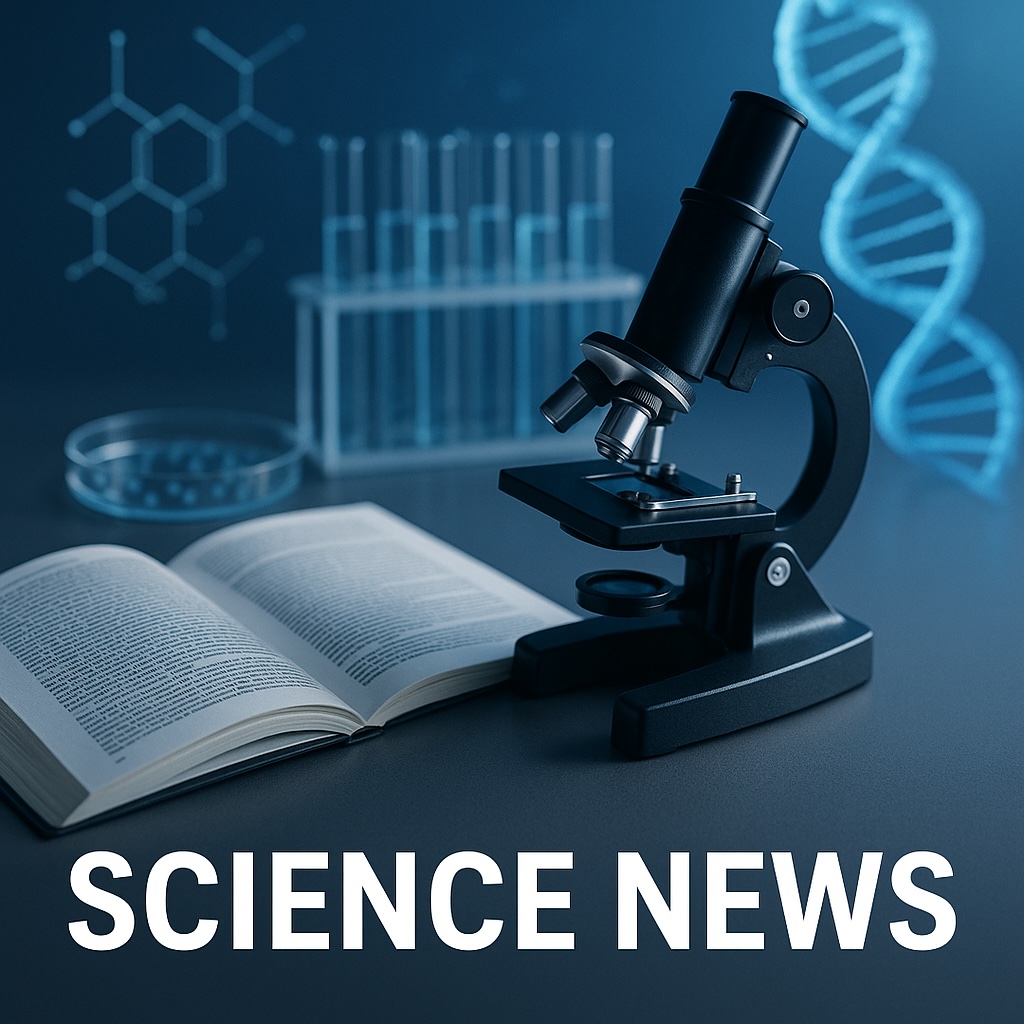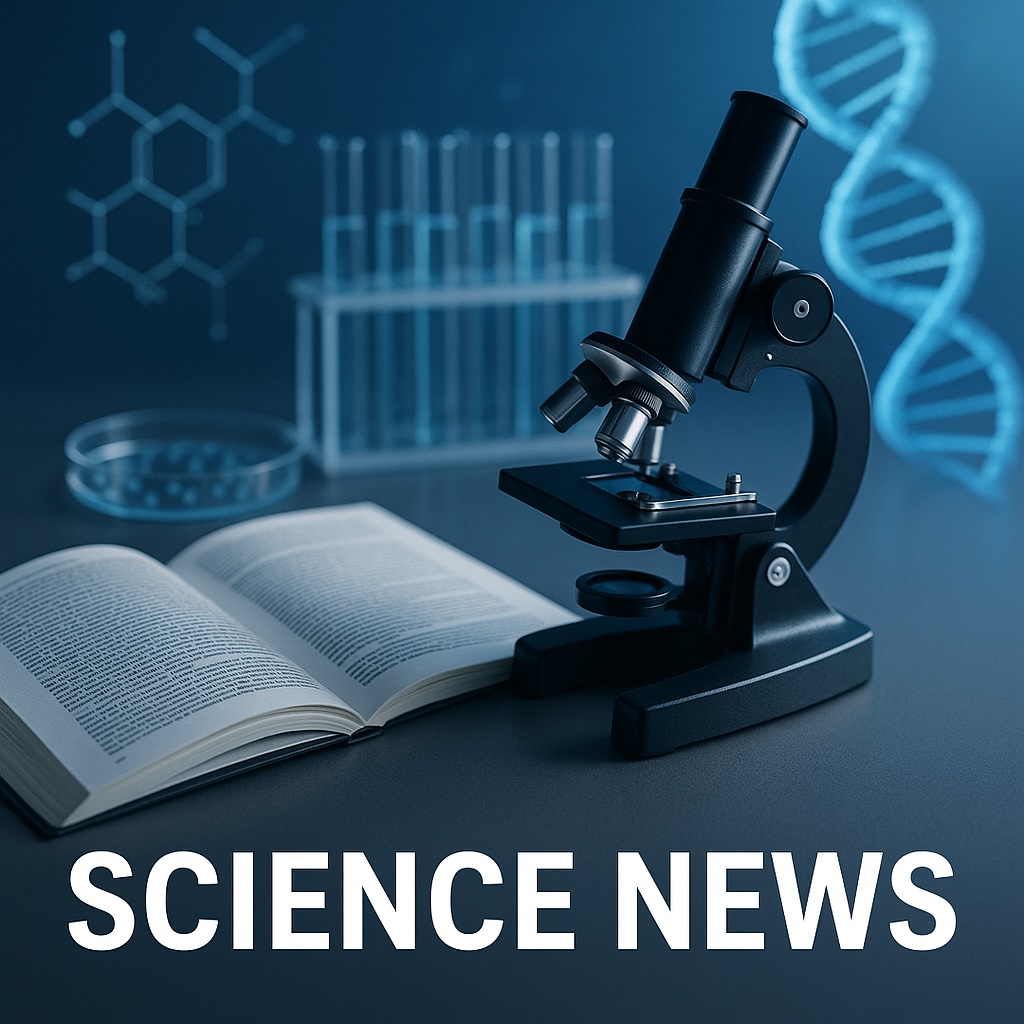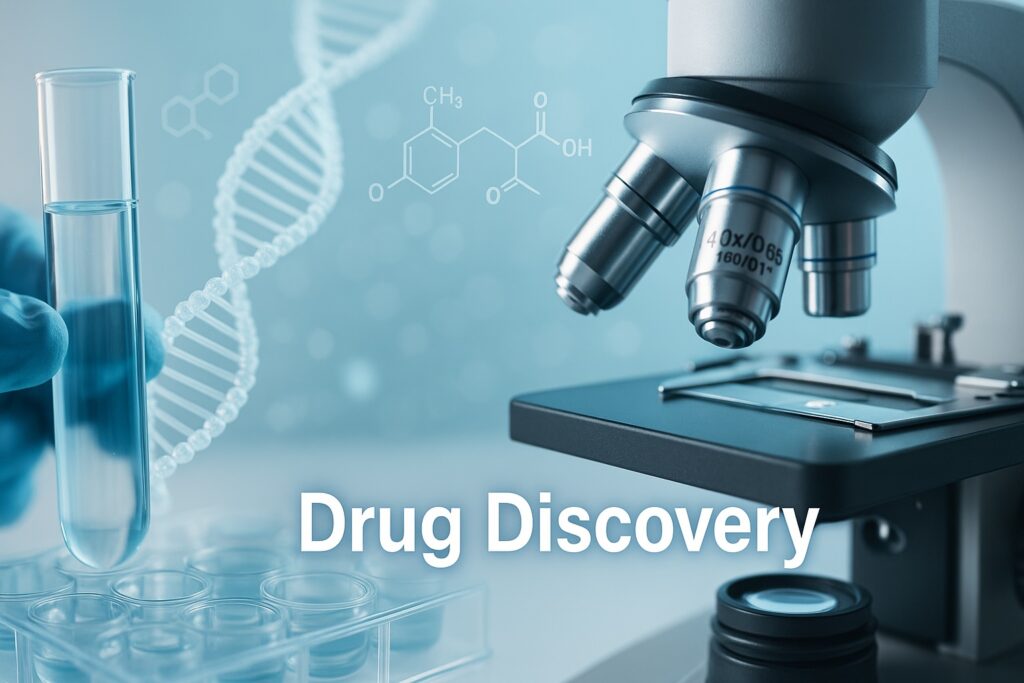Research– tag –
-

[Science News] Cancer Discovery Perspective: Restoring Tumor Suppressor Function of Mutant p53 via Small Molecules
A study published in the June 2025 issue of Cancer Discovery reports a novel small-molecule strategy to restore the tumor suppressor function of mutant p53 proteins. This work was also featured in a companion Perspective article, highlig... -

[Science News] Cancer Discovery Spotlight: CAFs Suppress NK Cells to Promote Breast Cancer Metastasis
A study published in the June 2025 issue of Cancer Discovery reveals how cancer-associated fibroblasts (CAFs) promote metastatic progression in breast cancer by suppressing natural killer (NK) cell cytotoxicity. This work was selected fo... -

[Science News] KRAS Inhibition and T-cell Dependency: Defining the Immune Role in Pancreatic Cancer Therapy (Cancer Discovery Summary / With My Thoughts)
A study published online in June 2025 in Cancer Discovery reveals that **T-cell–dependent tumor regression** is a key mechanism underlying the efficacy of KRAS G12D inhibitors in pancreatic ductal adenocarcinoma (PDAC). KRAS G12D is a ma... -

[Science News] Long-Term Latency of Highly Mutated Cells in Esophageal Squamous Cell Carcinoma: Cancer Discovery Summary (With My Thoughts)
A study published in the June 2025 issue of Cancer Discovery reveals that highly mutated cell clones carrying multiple driver mutations can persist for many years in esophageal squamous epithelium before progressing to esophageal squamou... -

[In vivo CAR T Special #1] Engineering CAR T Cells Directly Inside the Body: Challenges and Opportunities
CAR T-cell therapy has revolutionized blood cancer treatment but traditionally relies on an ex vivo process—extracting T cells from patients, genetically modifying them outside the body, expanding them, and reinfusing them. This manufact... -

[Aging & Rejuvenation Science Series #1] The Hayflick Limit and Cellular Aging: Revisiting the Roots of Rejuvenation Research
Can human cells divide forever? In 1961, Leonard Hayflick and Paul Moorhead provided a clear answer to this question. Their seminal paper demonstrated that normal human diploid cells have a limited number of divisions, introducing the co...
1



